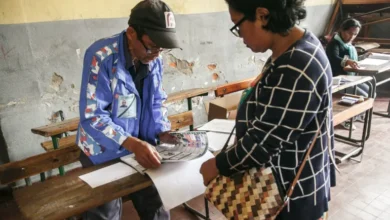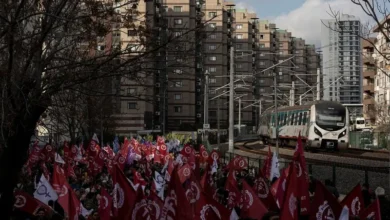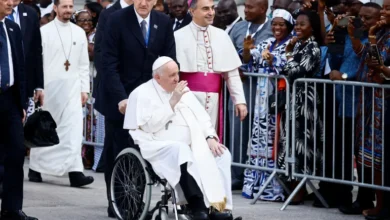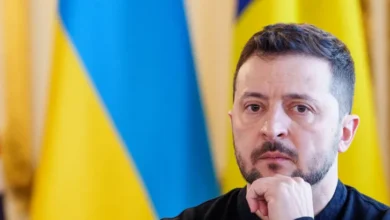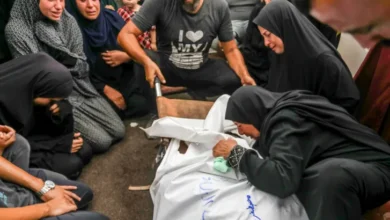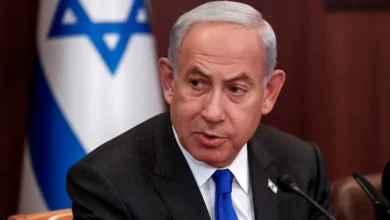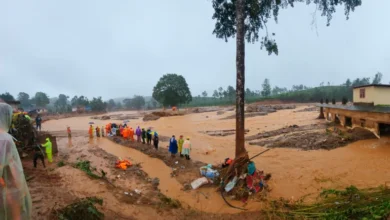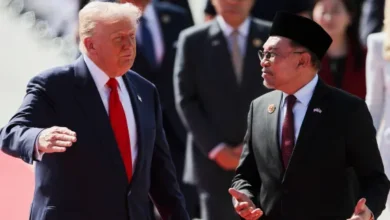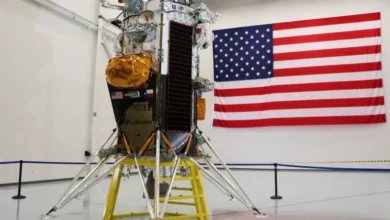Russia’s sovereign wealth chief named special envoy after key role in Riyadh talks
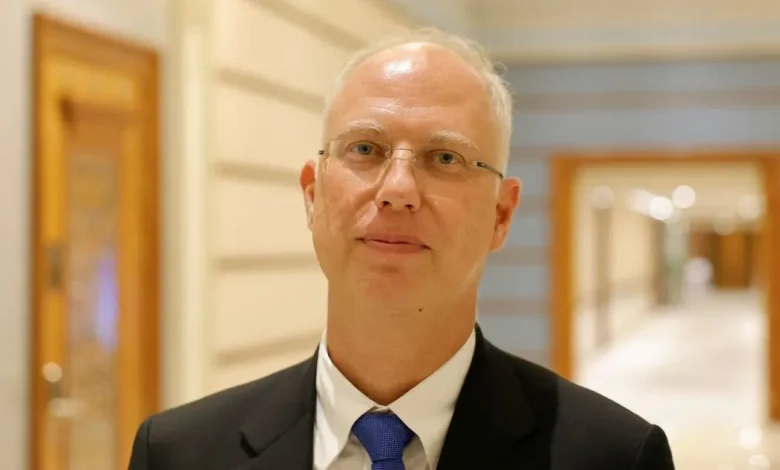
Russia’s sovereign wealth fund chief, Kirill Dmitriev, has been appointed as President Vladimir Putin’s Special Envoy for investment and economic cooperation with foreign countries, the Kremlin announced on Sunday.
Dmitriev, who remains CEO of the Russian Direct Investment Fund (RDIF), has long been a key architect of Russia’s international investment strategy, overseeing the fund’s multi-billion-dollar portfolio and building strategic alliances with foreign governments and financial institutions. His appointment signals a renewed focus on strengthening Russia’s economic diplomacy, particularly as Western nations weigh the prospect of reintegrating Russia into the global economy.
Dmitriev’s new role follows his key participation in the recent Ukraine peace negotiations in Riyadh, where he was one of three top Kremlin figures dispatched alongside Foreign Policy Advisor Yuri Ushakov and Foreign Minister Sergei Lavrov.
In Saudi Arabia, he held high-level talks with US officials, including Secretary of State Marco Rubio, National Security Advisor Mike Waltz, and Middle East Envoy Steve Witkoff, focusing on economic cooperation and the wider financial impact of sanctions.
During those discussions, Dmitriev presented data revealing that US companies have suffered more than $300 billion in financial losses due to their withdrawal from Russia. He urged American officials to reconsider economic disengagement, emphasizing the mutual benefits of restoring trade and investment channels.
In an exclusive interview ’ Hadley Gamble following the Riyadh talks, Dmitriev praised Saudi Arabia’s role in fostering diplomacy.
“First of all, I think everybody was very appreciative of Saudi Arabia’s role,” he said. “Being here, having two sides engaged in a very positive, productive conversation with dialogue was very important. The Saudi side, Crown Prince [Mohammed bin Salman], and his team created a very positive environment.”
Energy security was another major theme in Dmitriev’s discussions, particularly regarding Europe’s economic struggles following its decision to cut Russian gas supplies. With Germany having shut down its nuclear reactors and bet heavily on renewables, energy costs have surged, exposing the continent to inflationary pressures and industrial slowdowns.
Dmitriev acknowledged that while reopening energy trade remains uncertain, it remains a critical issue.
“Too early to say,” he said. “Let’s think about different economic cooperation possibilities. We shouldn’t raise expectations too far.”
Despite Western-led sanctions, Russia has continued to get its energy exports to market via third parties, underscoring the limitations of economic pressure campaigns. Dmitriev’s economic expertise and role in facilitating high-stakes financial negotiations in the past appear to position him as a pivotal figure in Russia’s global outreach, post-war.
A graduate of Stanford University and Harvard Business School, Dmitriev began his career at Goldman Sachs and McKinsey & Company before being tapped to lead RDIF in 2011. Under his leadership, the fund secured some $37.7 billion in foreign capital for the Russian economy and backed more than 100 major projects across technology, infrastructure, and industrial sectors. He was also instrumental in financing the development and international distribution of Russia’s Sputnik V vaccine during the COVID-19 pandemic.
